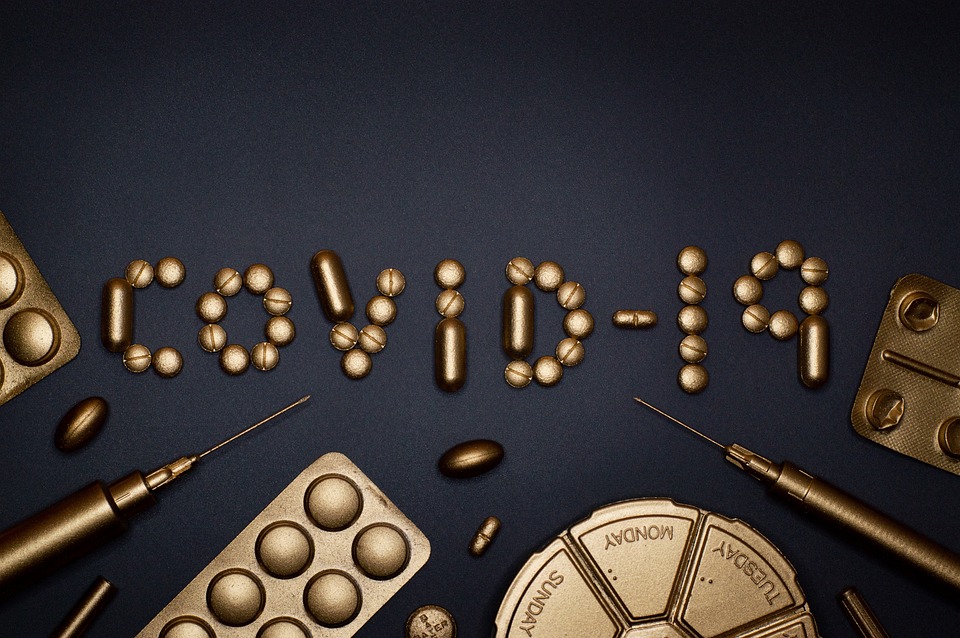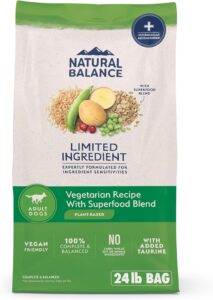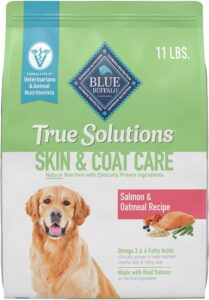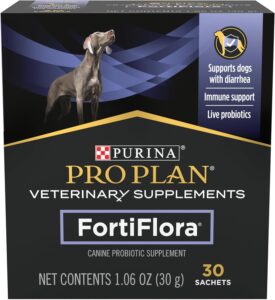
Welcoming a new puppy into your home is an exciting and rewarding experience. However, along with playtime and cuddles, comes the responsibility of ensuring your puppy’s health and well-being. One of the most critical aspects of puppy care is vaccination. Vaccinations protect your puppy from several life-threatening diseases and are an essential part of their healthcare routine.
In this article, we’ll delve into the importance of vaccinations, the recommended vaccination schedule for puppies, and tips to ensure a smooth vaccination process. Whether you’re a first-time puppy owner or need a refresher, this comprehensive guide will help you navigate the world of puppy vaccinations with confidence.
Why Vaccinations Are Important for Puppies
Vaccinations are crucial because they help build your puppy’s immune system, enabling them to fight off infectious diseases. Puppies are particularly vulnerable to diseases because their immune systems are still developing. Without vaccinations, they are at risk of contracting potentially fatal diseases, some of which can be transmitted to humans.
Vaccines work by stimulating the immune system to produce antibodies. These antibodies provide protection by recognizing and fighting off specific pathogens if your puppy is exposed to them in the future. By keeping up with a proper vaccination schedule, you not only protect your puppy but also contribute to the overall health and safety of the pet community.
Core Vaccinations for Puppies
Core vaccines are those that are recommended for all puppies and dogs, regardless of their lifestyle or location. These vaccines protect against diseases that are widespread and have a high mortality rate. The core vaccinations for puppies generally include:
Canine Distemper
Canine distemper is a highly contagious viral disease that affects a dog’s respiratory, gastrointestinal, and nervous systems. The virus is spread through airborne exposure and direct contact. Symptoms may include fever, coughing, vomiting, diarrhea, and seizures. Distemper is often fatal, making vaccination crucial.
Canine Parvovirus
Parvovirus is a highly contagious virus that affects the gastrointestinal tract, causing severe vomiting and diarrhea. It’s especially deadly in puppies, with a high mortality rate if left untreated. The virus is spread through contact with infected feces, and it can survive in the environment for long periods.
Canine Adenovirus (Hepatitis)
Adenovirus type 1 causes infectious canine hepatitis, a disease that affects the liver, kidneys, and eyes. The virus is spread through contact with an infected dog’s urine, feces, or saliva. Symptoms range from mild fever to severe liver failure. Vaccination also protects against adenovirus type 2, which causes respiratory infections.
Rabies
Rabies is a fatal viral disease that affects the central nervous system and can be transmitted to humans. It’s spread through the saliva of infected animals, typically through bites. Rabies vaccination is not only essential for your puppy’s health but also required by law in many areas.
Non-Core Vaccinations for Puppies
Non-core vaccines are optional and may be recommended based on your puppy’s lifestyle, environment, and risk of exposure. Your veterinarian can help determine which non-core vaccines are appropriate for your puppy. Common non-core vaccines include:
Leptospirosis
Leptospirosis is a bacterial infection that can affect both animals and humans. It’s transmitted through contact with contaminated water or soil, often found in areas with high wildlife activity. Symptoms include fever, muscle pain, vomiting, and kidney or liver damage.
Lyme Disease
Lyme disease is caused by the bacterium Borrelia burgdorferi, transmitted through the bite of an infected tick. It’s prevalent in certain regions and can cause fever, lameness, and kidney problems in dogs. Vaccination may be recommended if your puppy is at risk of exposure.
Bordetella Bronchiseptica (Kennel Cough)
Bordetella is a bacterium that causes kennel cough, a highly contagious respiratory disease. It’s spread through airborne droplets, direct contact, or contaminated surfaces. Vaccination is often recommended for puppies that will be in close contact with other dogs, such as those attending daycare or boarding facilities.
Recommended Puppy Vaccination Schedule
A typical vaccination schedule for puppies begins at six to eight weeks of age and continues into adulthood. It’s essential to follow the schedule recommended by your veterinarian to ensure maximum protection. Here is a general guideline for puppy vaccinations:
6-8 Weeks
– Distemper
– Parvovirus
– Adenovirus (Hepatitis)
– Parainfluenza (often included in the combination DHPP vaccine)
10-12 Weeks
– DHPP (Distemper, Hepatitis, Parvovirus, Parainfluenza)
– Leptospirosis (if recommended)
– Bordetella (if recommended)
14-16 Weeks
– DHPP (final booster)
– Rabies (initial dose)
12-16 Months
– DHPP (booster)
– Rabies (booster, as required by law)
Beyond Puppyhood
After the initial series of vaccinations, booster shots are typically required every one to three years, depending on the vaccine and your veterinarian’s recommendations. Regular booster shots help maintain immunity and ensure ongoing protection against diseases.
Preparing for Your Puppy’s Vaccination Appointment
To ensure a successful vaccination visit, follow these tips:
Choose the Right Veterinarian
Select a veterinarian you trust and feel comfortable with. A good rapport with your vet will make the process smoother and more enjoyable for both you and your puppy.
Gather Your Puppy’s Medical Records
If you have any previous medical records or documentation from the breeder or shelter, bring them to your appointment. This information helps your vet develop an appropriate vaccination plan.
Keep Your Puppy Calm
Vaccination visits can be stressful for puppies. Bring along a favorite toy or blanket to provide comfort, and speak to your puppy in a soothing voice.
Ask Questions
Use this opportunity to ask your veterinarian any questions you may have about vaccinations, potential side effects, or your puppy’s overall health.
Recognizing Vaccine Reactions
Most puppies tolerate vaccinations well, but mild reactions can occur. Common side effects include soreness at the injection site, mild fever, and lethargy. These symptoms usually resolve within a day or two.
In rare cases, more severe reactions may occur, such as vomiting, diarrhea, difficulty breathing, or facial swelling. If you notice any of these symptoms, contact your veterinarian immediately.
Conclusion
Vaccinating your puppy is a crucial step in ensuring their health and longevity. By adhering to a proper vaccination schedule and working closely with your veterinarian, you can protect your puppy from a range of dangerous diseases. Remember, vaccinations not only safeguard your puppy but also contribute to the well-being of the entire pet community. Stay informed, stay proactive, and enjoy the journey of raising a happy, healthy puppy.
#ChatGPT assisted in the creation of this article.















